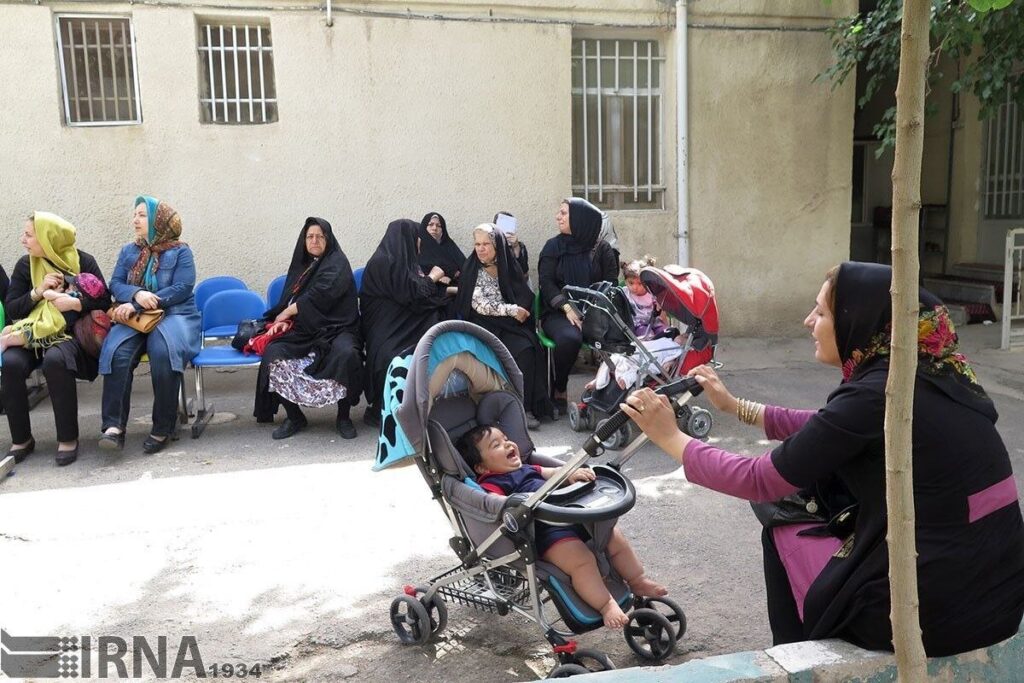Tehran – Maternal health literacy is one of the key key factors in ensuring family and social health. It includes engaging in preventive behavior, adopting healthy nutrition and lifestyles, and promoting mental, sexual and reproductive health.
“Maternal Health Literacy, Youth Population, Empowered Generation” is the theme of the third day of National Health Week, which has been observed from April 21st to 27th.
Women’s health literacy refers to the ability to access, understand, evaluate and use health information to make appropriate health decisions about their family and their own health. It also includes health knowledge, disease prevention, health care, and the ability to effectively interact with health systems.
Mothers with high levels of health literacy can provide appropriate prenatal care and proper nutrition. The behavior affects the health of yourself and your child. They use care services to identify in a timely manner the indication of risk factors.
Maternal health literacy also contributes to playing an active role in preventing contagious and non-communicable diseases and promoting family health and social health.
Maternal health literacy, along with intellectual management of the youth population and investment in youth, leads to the creation of a dynamic and healthy society. This strategic triangle implementation requires long-term planning and participation from all sectors of society.
National Health Week
National Health Week aims to raise public awareness of key health issues and unite to promote public health.
Days of the week focus on the following topics:
Monday, April 21st, “Health Equity with Family Physicians and Referral Systems”
Tuesday, April 22nd, “A healthy society with healthy environment and general participation.”
On Wednesday, April 23rd, “Maternal Health Literacy, Young People Population, and Empowered Generation”
Thursday, April 24th, “Cultural, Arts, Media, Health”
Friday, April 25th, “Public Movement, Public Health”
Saturday, April 26th, “Fematology Care, Newborn Health, a Promising Future”
Sunday, April 27th, “No to an accident, yes to life.”
World Health Day is celebrated annually on April 7th to commemorate the establishment of the World Health Organization (WHO) in 1948.
The theme of World Health Day 2025, “Healthy Beginnings, Hopeful Futures” employs an initiative focused on mothers and babies, and seeks to encourage governments and health communities to minimize preventable deaths for mothers and newborns by prioritizing the long-term health and well-being of women.
It is important to help all women and babies survive and thrive. Tragically, nearly 300,000 women die from pregnancy or childbirth each year, based on current published estimates. This is about one preventable death every 7 seconds.
Based on current trends, four out of five countries are on track to achieve their goals to improve mother survival by 2030.
Everywhere women and families need high quality care physically and emotionally to support women, and at birth, and at the time of birth.
Health systems need to evolve to manage many health issues that affect maternal and neonatal health. These include not only direct obstetric complications, but also mental health, non-communicable diseases, and family planning.
Furthermore, women and their families should be supported by laws and policies that protect their health and rights. The main objectives of this year’s campaign are as follows:
The need to raise awareness of gaps in maternal and neonatal survival and prioritize women’s long-term well-being.
Advocate for effective investments to improve the health of women and babies.
Encourage collective action to support parents and health professionals who provide critical care.
Provide useful health information related to pregnancy, childbirth and postnatal periods.

